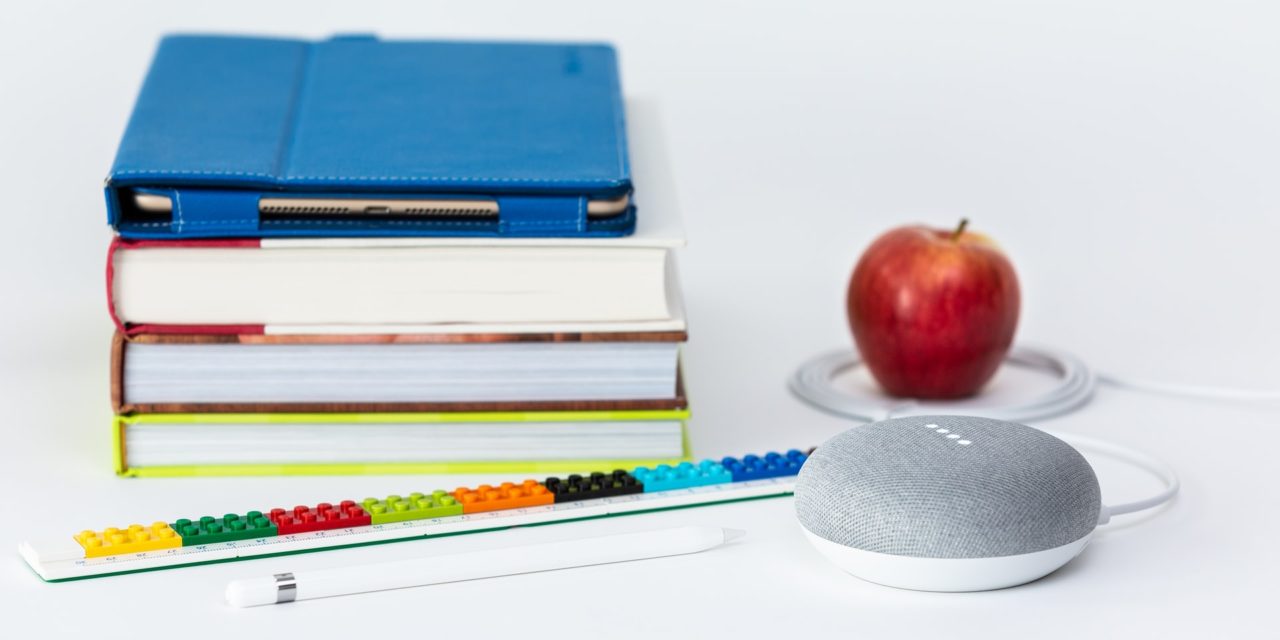[ad_1]
The products we use in our kitchen can have a great impact on the environment. From the towels we choose, to the plates and dinnerware, all contribute to the environmental health. This is why it's essential to pick each product carefully and to be aware of their long-term impact.
But what should you choose to make sure you are buying and using the right items? Eco-friendly kitchen products are a smart move in this case.
These products are generally made from recycled, biodegradable or even organic materials. Their production, as well as their usage, causes little to no harm to the environment. What's more, they come as a great alternative to kitchen products made from plastic, for example.
Here are 5 great examples of eco-friendly kitchen products for some inspiration.
Bamboo plates
Bamboo plates are a great type of dinnerware. They have a unique look and can be used for different occasions. If you are having a party, you have invited some friends over or for everyday dinner, they are a smart choice.
Also, you have two options to choose from: regular and disposable bamboo plates.
Benefits of using bamboo
Bamboo is one of the most popular eco-friendly materials. It's used for the production of different products. What's great about this material is that it's a type of grass, not wood. It can grow really fast, reaching up to 100 cm in 24 hours, and can be harvested every 4-5 years. After that, it can grow back easily without being replanted.
Bamboo represents a great alternative to materials like wood and plastic. The production of bamboo products requires less manufacturing energy and is less toxic to the environment.
Let's take a look at the following example. Disposable bamboo plates are biodegradable and can break down in 4-6 months in carbon dioxide, water, and biomass. Plastic, on the other hand, takes between 15 and 1000 years to decompose and even after that, it leaves behind toxic particles and substances.
Bamboo cutting boards
One of the most important aspects of a cutting board is its resistance. When cutting something hard or using a strong knife, there are chances we may leave small holes in it. These are the perfect places for food and bacteria to accumulate.
Bamboo is known for being quite a dense material and it can resist to strong knives. This makes it not only a great material for our health, but also a durable one. Bamboo cutting boards don't absorb liquids and this can prevent them from cracking and warping.
Cotton kitchen towels
Towels are an important element in the kitchen. Cooking can mean a lot of mess and you may need something nearby to clean it quickly. Cotton kitchen towels are one of the eco-friendly options in this case.
Benefits of using cotton
Cotton kitchen towels are the eco-friendly alternative to paper towels. They can be used multiple times and can be easily washed.
Also, they can contribute to reducing the deforestation level. At the current moment, this is a great environmental problem. Every hour, 4500 acres of forest are cut down by machetes, powerful machines, and forest fires.
Cotton is an eco-friendly, renewable and biodegradable material. No harsh chemicals are used during its production, as opposed to other fibers which are petroleum-based.
There is one thing you need to pay attention to when buying cotton kitchen towels. If you are looking for organic cotton, check to see if it's certified.
Eco-friendly aprons
Cooking can be quite a dirty business and if you are not equipped correctly, you might get a little messy. Aprons can come quite in handy, as they are a great help in the kitchen. They let you do your work without worrying about getting your clothes dirty.
Eco-friendly aprons can be made of cotton or from recycled materials. They can be easily washed and, in short time, they will be ready for their next use. Also, some are biodegradable and can be recycled.
Recycled glasses
Glasses are a must in every kitchen. It can be hard to replace them, but this depends on the perspective you're looking at.
Instead of using plastic or regular glasses, you can go for recycled-glass ones. Using products made from recycled glass can contribute to a decrease in the production of new glass and increase environmental protection.
Benefits of using recycled glass
One great fact about glass is that it's 100% recyclable. It can be recycled multiple times and it will not lose its quality and purity.
Recycling glass is a process which brings great benefits to the environment. It can save energy, reduce waste disposal and CO2 emissions.
Every 6 tons of recycled glass used in the manufacturing process can reduce approximately one ton of carbon dioxide.
[ad_2]
Source by Constantin Gaspar

